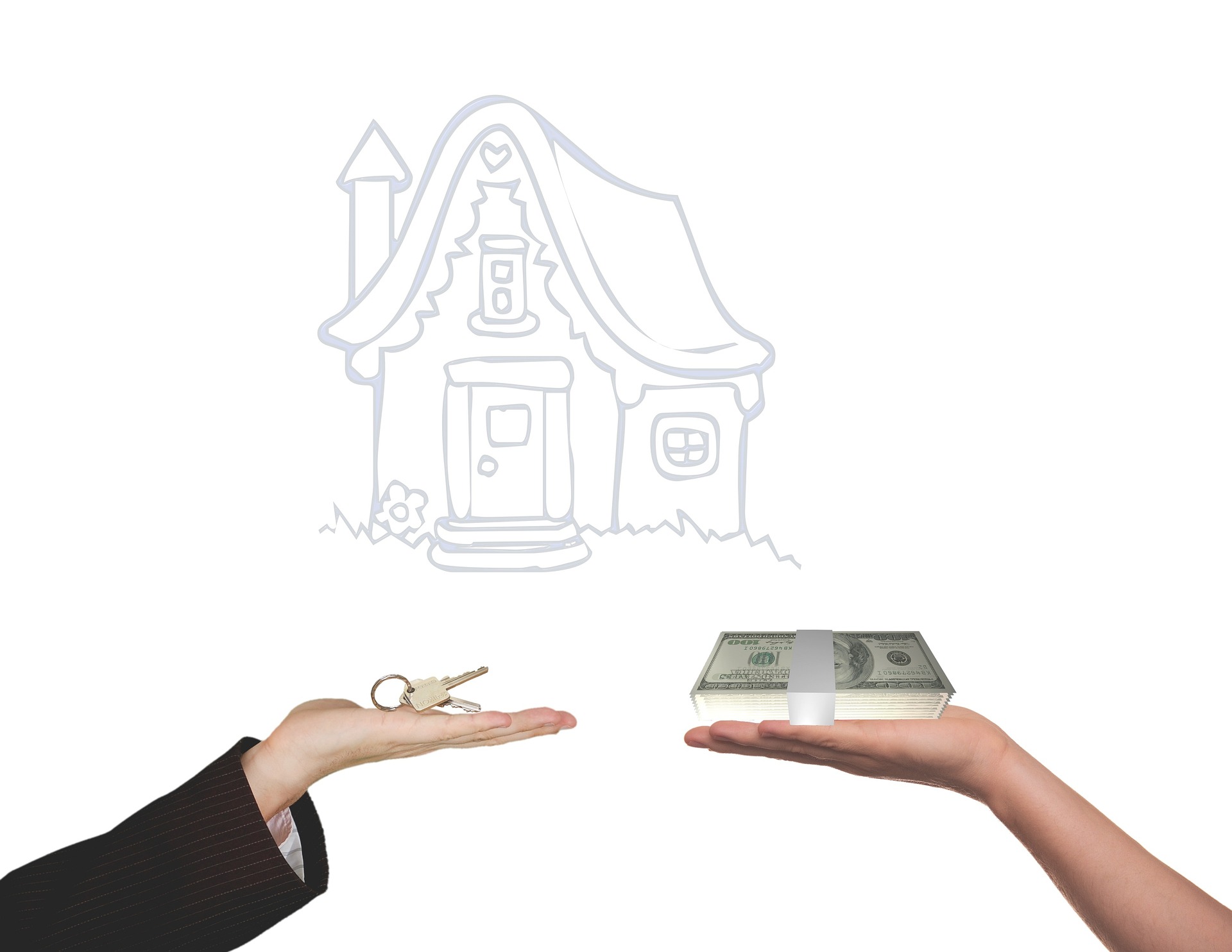Buying and Investing in Foreclosed Homes
Foreclosed homes can offer value for buyers and investors, but they also come with unique risks and steps that differ from typical real estate transactions. Understanding the foreclosure process, how to evaluate condition and title issues, and appropriate financing helps you decide if a foreclosed house aligns with your goals for a home or an investment property.
What is foreclosure in real estate?
Foreclosure in real estate is a legal process lenders use to recover the balance of a loan when a borrower defaults. Typically the lender takes control of the property, then sells it through an auction, trustee sale, or as real estate owned (REO) after repossession. Foreclosure timelines and rules vary by jurisdiction, and each stage affects buyer options and risks. Knowing whether a property is at auction, bank-owned, or subject to a short sale changes how you approach inspections, offers, and closing.
Foreclosures often reflect distressed circumstances, so documentation may be incomplete and prior owners might leave personal items or other surprises. Local courthouse records, lender listings, and real estate agents experienced with foreclosure inventory are common places to find listings and reliable local services to guide due diligence.
How to evaluate a foreclosed house?
Evaluating a foreclosed house requires both a standard home inspection mindset and extra caution for hidden costs. Start with a professional inspection to assess structural issues, roofing, plumbing, and electrical systems; foreclosed houses can suffer deferred maintenance or vandalism. Factor in repairs, potential mold, pest damage, and missing appliances or fixtures.
Beyond physical condition, research neighborhood comparables and market trends for accurate valuation. Determine if there are outstanding liens, unpaid taxes, or homeowner association fees that could transfer with the property. A cost estimate for repairs and a realistic resale or rental plan will help decide if the house is a sensible purchase for investment or personal occupancy.
Can a foreclosed home be your primary home?
Yes, many buyers purchase foreclosed homes as primary residences — but it requires patience and careful planning. Financing options differ: while conventional and FHA loans can finance bank-owned REO properties, auction purchases often require cash or quick-close bridge loans. Lenders will typically require an appraisal and clear title before approving a mortgage for a foreclosed home.
Expect potential delays such as lien resolution or eviction proceedings if former occupants remain. Factor in renovation timelines and temporary housing plans if the property needs substantial work. Working with lenders experienced in foreclosure purchases and local services specializing in REO transactions can smooth the path from purchase to moving into your new home.
What to check about a foreclosed property?
Title and legal issues are among the most critical checks for foreclosed property. Confirm that the seller (often a bank or trustee) can provide clear title and obtain a title search to identify mortgages, tax liens, mechanic’s liens, or judgments that could affect ownership. Title insurance is strongly advised to protect against unknown encumbrances discovered later.
Also verify property boundaries, zoning, and any code violations that may be unresolved. If the property was vacant, check utility histories and potential environmental concerns, such as underground tanks or contaminated soil. Consulting a real estate attorney and local services for title and permitting questions will reduce legal surprises during closing and ownership.
How to buy foreclosed houses in your area?
Begin by researching available foreclosure listings through MLS, bank REO lists, auctions, and online registries, and connect with real estate agents who handle distressed sales. Understand the local foreclosure process — auction rules, bidding deposits, timelines, and whether the bank will accept offers post-auction. Prepare pre-approval for financing or arrange proof of funds for cash purchases to act quickly when opportunities arise.
When making offers, set realistic contingencies; for REO properties, sellers may accept contingent offers, but auction purchases are usually final and as-is. Budget for immediate repairs, title clearance, and potential eviction costs. Network with contractors familiar with rehab work, inspectors, and legal professionals, and use reputable local services to manage inspections, closing, and any necessary rehabilitation.
Conclusion
Foreclosed homes can represent meaningful opportunities for buyers and investors, but they demand extra due diligence across legal, physical, and financial dimensions. By researching the foreclosure stage, performing thorough inspections, verifying title, and aligning financing or cash readiness, prospective buyers can make informed decisions about whether a foreclosed house is suitable as a primary home or an investment property. Carefully weighing risks and planning for contingencies helps turn a distressed property into a successful long-term asset.







